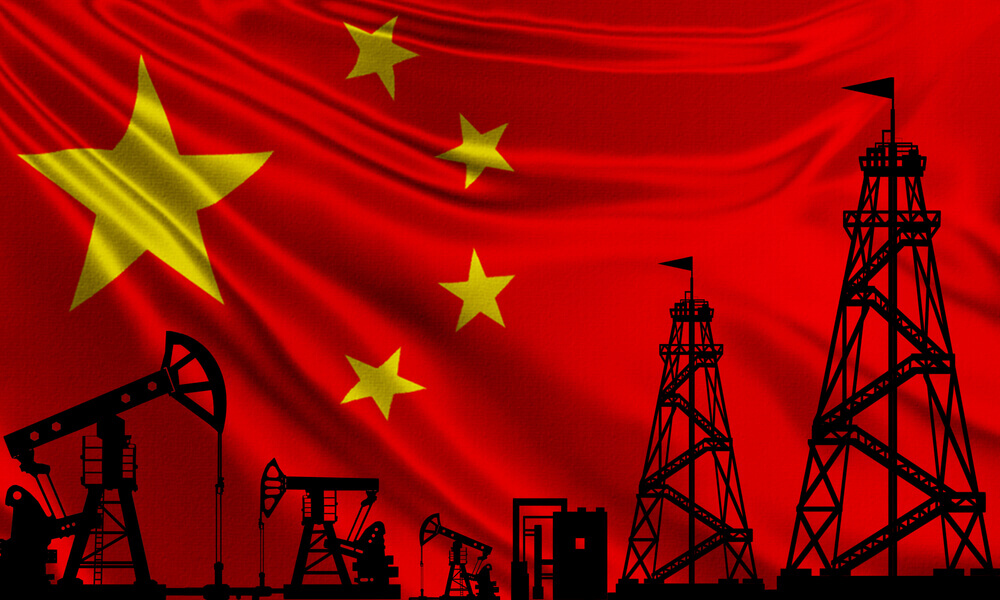Aluminum traded at $2,746.50 per LME at 5:54 p.m. In local time, copper increased by 1.2% and nickel by 0.8%.
Aluminum goods from coal experienced considerable fluctuations in London on Thursday. Traders mention prices behave to believe that the Chinese leadership is increasingly disturbed about the recent sharp price changes.
One of the most energy-intensive metals, Aluminium returned 2.3% to the London Metal Exchange to offset earlier losses, following yesterday’s two-month low. Nickel, copper, zinc, and lead also eliminated early losses.
Coal futures reversed a nearly 10% drop. This happened during China’s midday trading break before falling again below the lower daily trading limit. The most active thermal coal contract closed 8.1% lower on the Zhengzhou Commodity Exchange on Thursday. The futures started the morning with the daily limit falling on the news of price restrictions until almost all the losses were eliminated in the afternoon. And then quickly fall again.
Primary metals also rose in the dollar after the U.S. reported the weakest increase during the pandemic recovery period due to supply problems and an increase in Covid-19 cases. GDP expanded at an annual rate of 2% in the third quarter, after a rate of 6.7% in the second quarter. This is relatively low versus market expectations. The Bloomberg Dollar Spot Index has fallen to its lowest level in more than a month. This suggests that there is now less pressure on the Federal Reserve to counter rising inflation.
Conclusion
China’s move to reduce coal prices and alleviate its energy crisis echo across markets. This lowered the daily limit for coal futures, while prices for Aluminium and stocks in resource companies also fell.
Investors quickly acknowledge reporting that the country’s cap devising authority saw a price cap that would allow miners to sell thermal coal at $83 a tonne. The National Development and Reform Commission subsequently said it had examined a reasonable range of coal prices with miners and electricity producers without a specific level.
The industry of China tightly controls coal production. Beijing has ordered miners to maximize supply, which they will do. Hence setting a price limit is unlikely to hurt output. The government is stepping up its energy supply to prevent further damage to electricity in the winter.
The impact that these processes are due to the pandemic as well. This effect is likely to continue in 2022.











